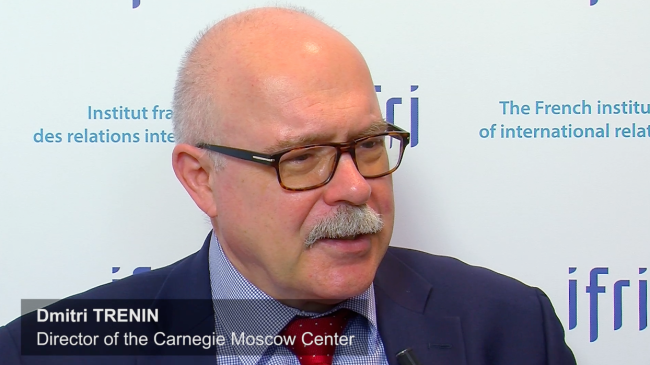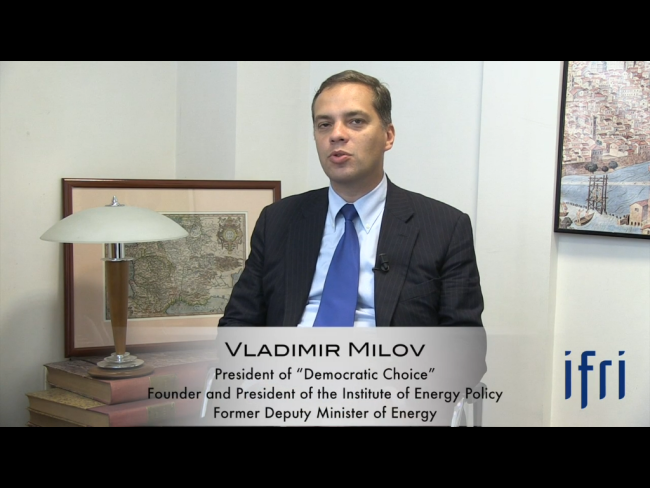Russia-Eurasia
Eurasia is undergoing profound changes. While the Soviet past has left a lasting imprint, Russia and the countries of Eastern Europe, Central Asia and the South Caucasus have their own trajectory.
Related Subjects
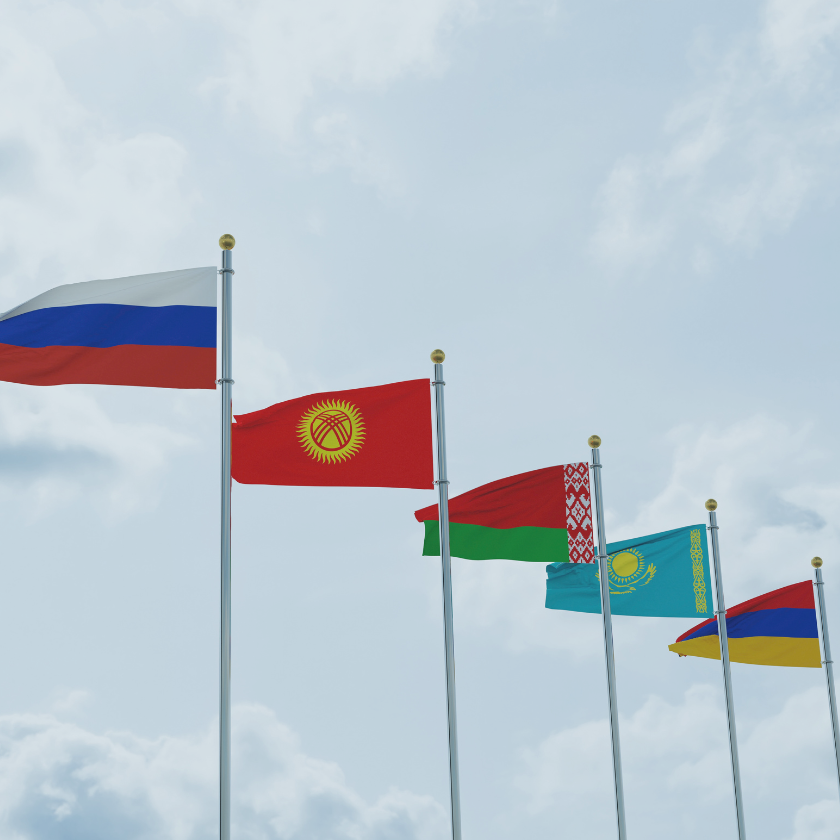
War as Social Elevator: The Socioeconomic Impact of Russian Military Keynesianism
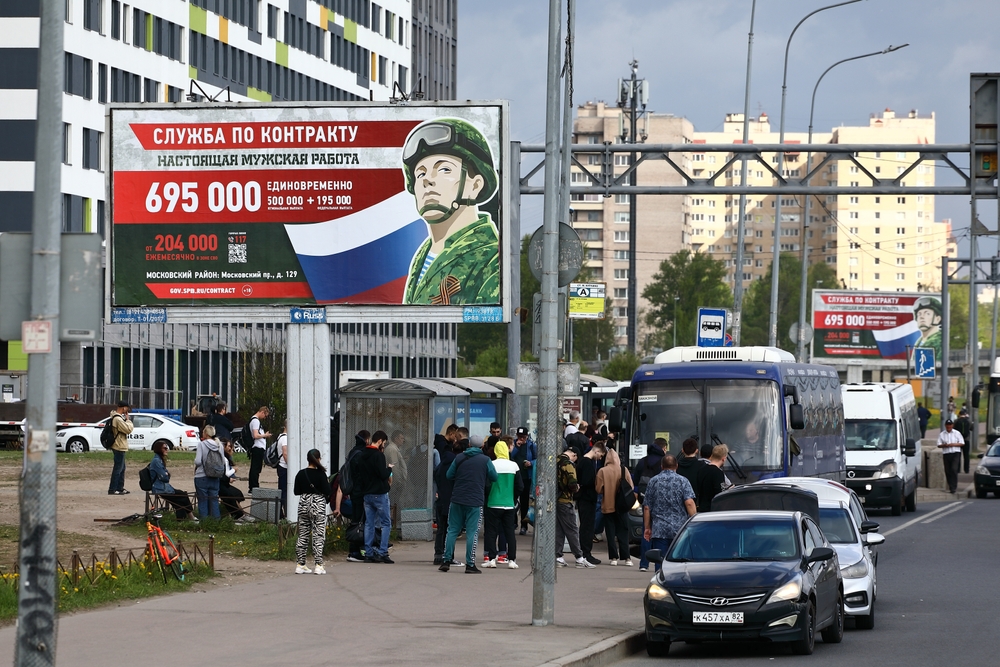
In order to finance its war effort, the Russian state has spent substantial sums of money and implemented a form of “military Keynesianism” that is transforming society at both the socioeconomic and cultural levels. This has partially rebalanced the wide disparities in wealth, levels of consumption, and social prestige in Russian society by granting significant financial and symbolic advantages to peripheral Russia, which has long been overlooked by the central government.

The Russian Informational and Digital Influence Strategy in Europe
The article discusses Russia’s informational and digital strategy towards Europe. It focuses on its content, instruments, infrastructures and techniques.
Russia's Pivot to Asia. Assessment and Strategic Implications. - Interview with Dmitri Trenin, director of the Carnegie Moscow Center
Russia's Pivot to Asia. Assessment and Strategic Implications.
Dmitri Trenin, director of the Carnegie Moscow Center, analyses the factors driving Russia’s push to expand its influence in Asia. Interview recorded at the French institute of international relations on 15 April 2016.

The Return of Geopolitical Risk - Russia, China and the United States
The year 2014 was defined by the conflict in Ukraine, the emergence of Daesh, and tensions between China and Japan. As for 2015, it has witnessed the spread of Daesh, the conflict in Yemen, the Greek crisis, revelations about the activity of the National Security Agency (NSA), the migrant crisis, and a ramping-up of terrorist attacks.
Can Washington move beyond "Ukraine fatigue"?
For the past two years, the United States has been at grips with an increasingly revisionist Russia in continental Europe. The crisis in Ukraine deteriorated the state of the bilateral relationship with Moscow [1] to what could be an all-time low since the end of the Cold War [2].
Cross-Domain Coercion: The Current Russian Art of Strategy
This paper traces the evolution of Russian views on the art of coercion, and on the role of nuclear weapons in it, from the post-Cold War “regional nuclear deterrence” thinking to the current “Gerasimov Doctrine”.
U.S. Engagement Towards Central Asia: No Great Game After All?
Since the collapse of the Soviet Union in the 1990s, Washington has defined general foreign policy objectives towards the Republics of Kazakhstan, Kyrgyzstan, Tajikistan, Turkmenistan, and Uzbekistan.

The “One Belt, One Road” – Strategic Implications of a Chinese Infrastructure Network in Eurasia
China’s “One Belt, One Road” project, also known as the “New Silk Road”, aims to create a vast infrastructure network connecting three continents, with China playing the central role.
"Russia New Energy Alliances: Mythology versus Reality", Interview with Vladimir MILOV
"Past year has been marked not only with the Ukrainian crisis and unprecedented tensions in political relations between Russia and the West, but also with somewhat radical change of Moscow’s approach to international energy affairs. Widely promoted new energy partnerships with countries like China and Turkey were supposed to demonstrate that Russia has a choice of alternatives for mass-scale international energy cooperation, as compared to previous domination of European dimension, and if West wishes to cut ties with the Kremlin, Russia has somewhere else to go.
Does Russia really have an option of developing new international energy partnerships comparable in scale and significance to those with Europe as the consumer of energy, and with Western IOCs as key agents helping to secure further exploration and development of Russian oil & gas resources?"
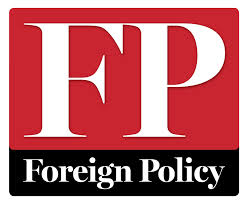

Why Putin Is Squaring Off With Tokyo Over Some Pacific Rocks
Disputed rocks and Beijing’s bad behavior in the South China Sea dominate the headlines these days. But there’s another showdown over disputed islands in the Pacific that is increasingly casting a shadow over Asia-Pacific security: a bitter fight between Japan and Russia over the Kurils...
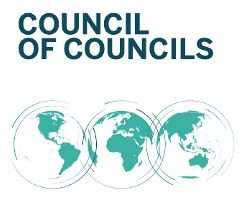
The Nexus Between the Conflicts in the Mideast and Ukraine
Two simultaneous conflicts in Europe and the Middle East have brought the international order into flux. Russia’s annexation of Crimea and destabilization of eastern Ukraine have deeply undermined European security. Meanwhile, the self-declared Islamic State’s proclamation of a caliphate in western Iraq and eastern Syria has unsettled the Middle East. While it may be tempting for foreign policymakers to consider "Syraq" and "Rukraine" as unrelated crises, the tensions in Eastern Europe have strong implications for the situation in the Middle East, and vice versa. Indeed one of the greatest challenges to global governance is the combination of an assertive and declining Russia, and a disintegrating Middle East.
|
Global Memos are briefs by the Council of Councils that gather opinions from global experts on major international developments. The Council of Councils is a Council on Foreign Relations initiative connecting leading foreign policy institutes from around the world in a common conversation on issues of global governance and multilateral cooperation. The Council of Councils draws on the best thinking from around the world to find common ground on shared threats, build support for innovative ideas, and introduce remedies into the public debate and policymaking processes of member countries. The membership of the Council of Councils includes leading institutions from twenty-five countries, roughly tracking the composition of the Group of Twenty (G20). The network facilitates candid, not-for-attribution dialogue and consensus building among influential opinion leaders from established and emerging nations. FOUNDING COUNCIL OF COUNCILS MEMBER THINK TANKS
|
Support independent French research
Ifri, a foundation recognized as being of public utility, relies largely on private donors – companies and individuals – to guarantee its sustainability and intellectual independence. Through their funding, donors help maintain the Institute's position among the world's leading think tanks. By benefiting from an internationally recognized network and expertise, donors refine their understanding of geopolitical risk and its consequences on global politics and the economy. In 2024, Ifri will support more than 70 French and foreign companies and organizations.






